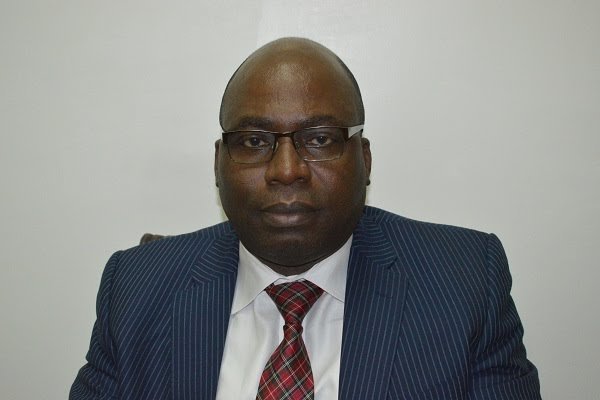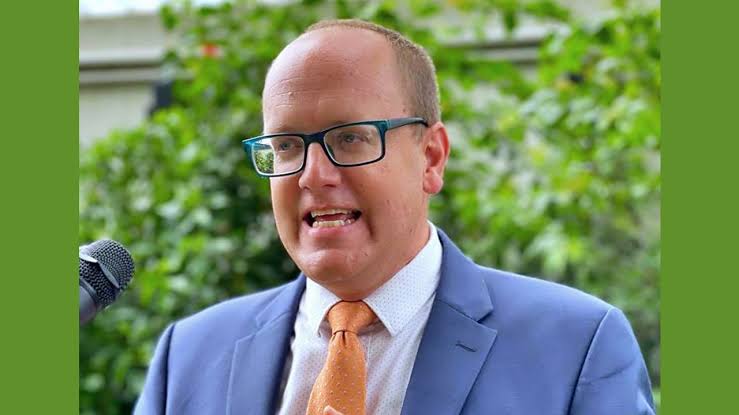Multinationals short-change Nigeria by $10bn via profit shifting: ICPC

The Independent Corrupt Practices and Other Related Offences Commission (ICPC) says Nigeria accounts for 20 percent or $10 billion (N3.8 trillion) of the estimated $50 billion that Africa loses to Illicit Financial Flows (IFFs).
Chairman of ICPC, Prof. Bolaji Owasanoye, said this during a virtual meeting to review a report on IFFs in relation to tax, Azuka Ogugua, spokesperson for ICPC, said in a statement released in Abuja on Friday.
The ICPC Chairman said, “the African Union Illicit Financial Flow Report estimated that Africa is losing nearly $50 billion through profit shifting by multinational corporations and about 20 percent of this figure is from Nigeria alone.”
The ICPC boss explained that taxes played “a very strategic role in the nation’s political economy.”
He said the objective of the meeting was to improve the awareness on IFFs, especially in the areas of taxation.
The ICPC boss added that the meeting would give participants the opportunity to openly discuss how to effectively use the instrumentality of taxation to curb IFFs through a risk-based approach.
“Risk-based approach, that is: monitoring and audit; due process in tax collection; structured tax amnesty framework skewed in public interest; data privacy; timely resolution of audits and payment of tax refunds and intelligence sharing among revenue generating, regulatory and law enforcement agencies,” he said.
Mr. Owasanoye also stated that for the contemporary tax man to remain relevant, he must build his capacity in areas of technology management, solution architects and an astute relationship manager.
The Executive Chairman of Federal Inland Revenue Service (FIRS), Muhammad Nami, expressed concerns that IFFs posed a serious threat to the Nigerian economy as the act robbed the nation of resources that were needed for development.
Mr. Nami declared that tackling IFFs would expand the country’s tax base and improve revenue generation, which was required for development.
He consequently pushed for policy reforms that would make it difficult for “capital flights” from occurring so that the country would be placed on the path of growth.
Other discussants at the event identified weak regulatory framework, opacity of financial system and lack of capacity amongst others as some of the factors that fuelled IFFs.
The discussants emphasised the need for capacity building of relevant stakeholders as one of the ways to stamp out illicit financial flows.
They commended ICPC for leveraging its corruption prevention mandate to open a new vista in IFFs discourse in Nigeria.
(NAN)
We have recently deactivated our website's comment provider in favour of other channels of distribution and commentary. We encourage you to join the conversation on our stories via our Facebook, Twitter and other social media pages.
More from Peoples Gazette

Politics
Katsina youths pledge to deliver over 2 million votes to Atiku
“Katsina State is Atiku’s political base because it is his second home.”

Heading 4
Amotekun, navy rescue abducted pupil, dad in Ondo
“Both the father and his son are now safe and have reunited with their family.’’

Opinion
Will Stevens: Infrastructure critical to driving inclusive, sustainable economic growth in Nigeria
When companies make decisions on where to do business around the world, they seek out those markets where the business environment is rules-based and predictable.

World
Binance crypto owner Changpeng Zhao sentenced to four-month jail for money laundering
“I deeply regret my failure.’’

Economy
EXIM signs MoU with Mastercard, Nigeria’s BoI at inaugural business summit
The memoranda of understanding were signed on Tuesday.

World
Scotland’s first minister, Humza Yousaf, resigns
Mr Yousaf took over as head of the Scottish National Party last March

World
American author, Paul Auster, dies at 77
The prolific inventive writer was best known for his novels about New York.








